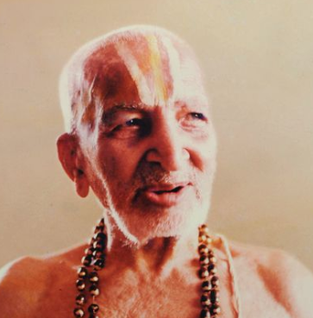A Quote by B.K.S. Iyengar
We often fool ourselves that we are concentrating because we fix our attention on wavering objects.
Related Quotes
Let us fix our attention out of ourselves as much as possible; let us chase our imagination to the heavens, or to the utmost limits of the universe; we never really advance a step beyond ourselves, nor can conceive any kind of existence, but those perceptions, which have appeared in that narrow compass.
I recommend allowing others the opportunity to fully express themselves before turning our attention to solutions or requests for relief. When we proceed too quickly to what people might be requesting, we may not convey our genuine interest in their feelings and needs; instead, they may get the impression that we're in a hurry to either be free of them or to fix their problem. Furthermore, an initial message is often like the tip of an iceberg; it may be followed by yet unexpressed, but related - and often more powerful - feelings.
Quite often, as life goes on, when we feel completely secure as we go on our way, we suddenly notice that we are trapped in error, that we have allowed ourselves to be taken in by individuals, by objects, have dreamt up an affinity with them which immediately vanishes before our waking eye; and yet we cannot tear ourselves away, held fast by some power that seems incomprehensible to us. Sometimes, however, we become fully aware and realize that error as well as truth can move and spur us on to action.
Unlike yellow and brown people, the white does not usually believe he can get attention from matter or objects.
...
The white goes further. He often believes he can get attention only from whites and that yellow and brown people's attention is worthless. Thus the yellow and brown races are not very progressive, but, by and large, saner.
But how can we love someone if we don't like him? Easy-we do it to ourselves all the time. We don't always have tender, comfortable feelings about ourselves; sometimes we feel foolish, stupid, asinine, or wicked. But we always love ourselves: we always seek our own good. Indeed, we feel dislike toward ourselves, we berate ourselves, precisely because we love ourselves; because we care about our good, we are impatient with our bad.






































